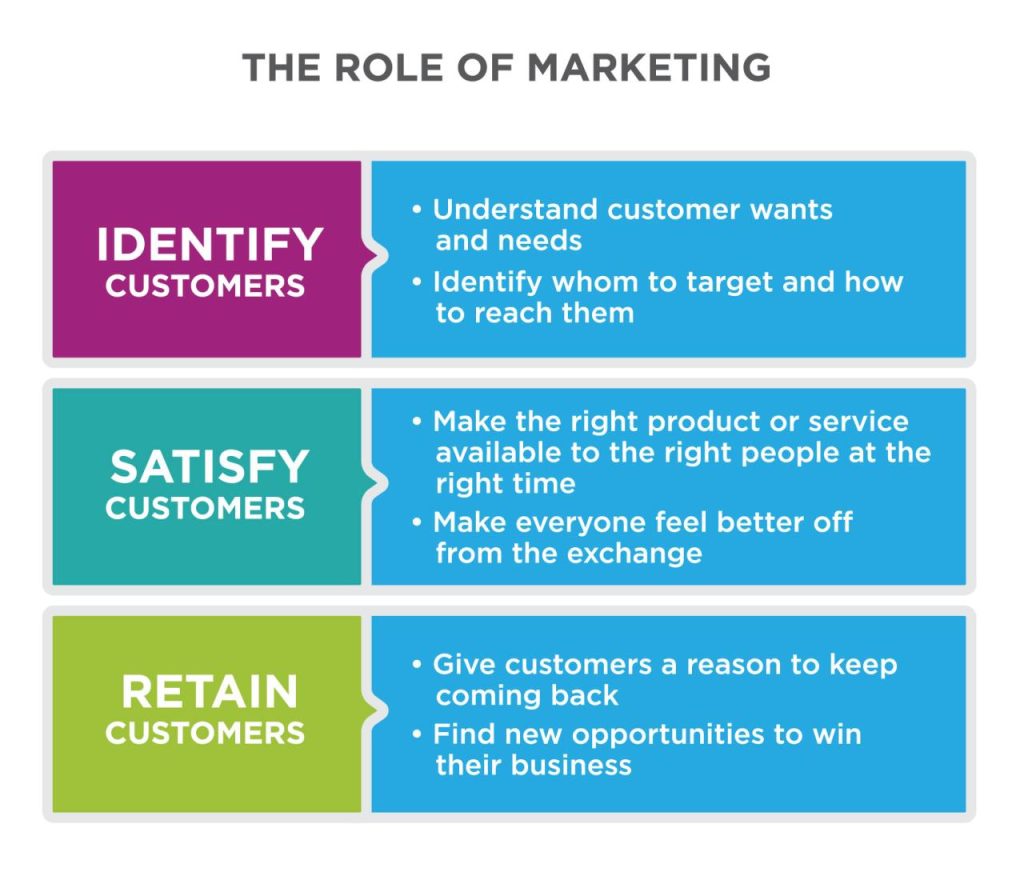Mobile Apps That Help Sell Insurance Plans are transforming the insurance industry by enabling agents and clients to connect with ease. These innovative applications simplify the selling process, allowing for quick comparisons and seamless transactions. With advancements in technology, insurance providers can now leverage mobile apps to reach a broader audience and enhance customer engagement.
As the digital landscape evolves, understanding how these mobile applications work and their benefits becomes essential for both insurers and consumers. From facilitating policy management to providing instant quotes, these apps are designed to improve user experience and streamline operations in the insurance sector.
In today’s fast-paced world, the importance of effective communication cannot be overstated. Whether in our personal lives or professional environments, being able to convey our thoughts clearly and concisely is key to building strong relationships, resolving conflicts, and achieving our goals. This article delves into various aspects of communication, offering strategies and tips to enhance your skills in this critical area.### Understanding CommunicationAt its core, communication is the process of sending and receiving messages.
It involves a sender, a message, a medium, and a receiver. The effectiveness of communication can be influenced by various factors, including the clarity of the message, the medium used (spoken, written, digital), and the context in which the interaction takes place. ### The Elements of Effective Communication
1. Clarity
The first step in effective communication is ensuring that your message is clear. This involves using straightforward language and avoiding jargon or overly complex terms that might confuse your audience. When crafting your message, consider the knowledge level of your audience and tailor your language accordingly.
2. Conciseness
Time is valuable, and getting to the point quickly is essential. Aim to express your ideas as succinctly as possible without losing the essence of your message. This doesn’t mean skimping on important details; rather, it means focusing on the key points that your audience needs to know.
3. Active Listening
Communication is a two-way street. While expressing your thoughts is important, equally vital is the ability to listen actively. This means paying full attention to the speaker, acknowledging their points, and responding thoughtfully. Active listening fosters trust and demonstrates respect for the other person’s perspective.
4. Nonverbal Cues
Communication extends beyond words. Nonverbal signals, such as facial expressions, body language, and eye contact, play a significant role in how messages are received. Being aware of your own nonverbal cues and those of your audience can enhance understanding and connection.
5. Empathy
Understanding the feelings and perspectives of others is crucial for effective communication. By practicing empathy, you can tailor your message to resonate better with your audience, showing that you value their thoughts and feelings. This approach can lead to more meaningful and productive conversations.### The Role of Technology in CommunicationWith the rise of technology, the way we communicate has evolved dramatically.
Digital platforms offer new ways to engage with others, but they also come with challenges. Here are some key considerations:
Choose the Right Medium
Depending on the context, certain mediums may be more appropriate than others. For instance, a quick text message may suffice for informal conversations, while a face-to-face meeting might be better for discussing sensitive topics.
Be Mindful of Tone
Written communication, such as emails or texts, can often be misinterpreted due to the absence of vocal tone and body language. To mitigate misunderstandings, use clear language and consider adding emojis or punctuation to convey tone when appropriate.
Stay Professional
In professional environments, it’s essential to maintain a level of professionalism, even in casual communications. This involves being respectful, avoiding slang, and ensuring that your language reflects the seriousness of the situation.### Tips for Improving Communication Skills

1. Practice Regularly
Like any skill, the more you practice communicating, the better you will become. Engage in conversations, participate in discussions, and seek out opportunities to present your ideas.
2. Seek Feedback
Constructive feedback from peers or mentors can provide valuable insights into your communication style. Be open to criticism and use it as a tool for growth.
3. Read and Write
Expanding your vocabulary and understanding of language through reading can enhance your ability to express yourself clearly. Additionally, writing regularly—whether through journaling, blogging, or professional communication—can sharpen your skills.
4. Join Workshops
Many organizations offer workshops focused on communication skills. Participating in these can provide structured learning and practical experience.
5. Reflect on Interactions
After conversations or presentations, take a moment to reflect on what went well and what could be improved. This self-assessment is crucial for continuous improvement.### Overcoming Communication BarriersDespite our best efforts, communication barriers can still arise. Here are some common obstacles and strategies to overcome them:
Cultural Differences
In today’s global society, we often interact with individuals from various cultural backgrounds. Being culturally aware and sensitive to differences can help prevent misunderstandings.
Language Barriers
When communicating with individuals who speak different languages, be patient and considerate. Using simple language, avoiding idioms, and being willing to clarify your points can aid in effective communication.
Emotional Barriers
Personal feelings can impact how we communicate and receive messages. If you sense that emotions might be interfering, take a step back to refocus and approach the conversation with a clear mind.### ConclusionIn conclusion, effective communication is a vital skill that can lead to personal and professional success. By focusing on clarity, conciseness, active listening, nonverbal cues, and empathy, you can enhance your communication abilities.
Additionally, being aware of the role of technology and overcoming barriers can further improve your interactions. Remember, communication is not just about speaking; it’s about creating connections, understanding others, and fostering relationships. Keep practicing, seek feedback, and remain open to growth in this essential skill. With time and effort, you will find that effective communication can open doors and create opportunities you never thought possible.
Answers to Common Questions: Mobile Apps That Help Sell Insurance Plans
What features should I look for in a mobile insurance app?
Look for features like user-friendly interfaces, policy management capabilities, instant quotes, and customer support options.
Are mobile insurance apps secure for personal information?
Yes, reputable mobile insurance apps implement robust security measures to protect user data and privacy.
How do these apps improve the customer experience?
They provide easy access to policy information, quick quotes, and allow for efficient claims processing, all of which enhance customer satisfaction.
Can I purchase insurance directly through a mobile app?
Yes, many mobile insurance apps allow users to complete purchases directly through the app, making the process more convenient.
Do I need to be tech-savvy to use these apps?
No, most mobile insurance apps are designed with user-friendly interfaces suitable for all levels of tech proficiency.






